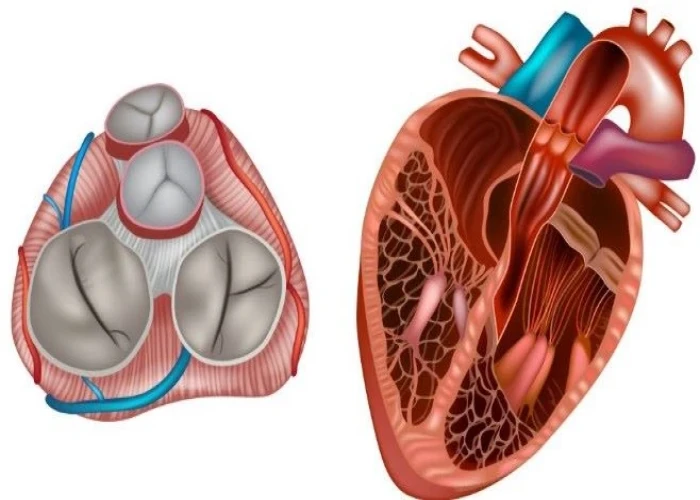 Welcome
Welcome
“May all be happy, may all be healed, may all be at peace and may no one ever suffer."
Mitral valve disease

Mitral valve disease is a condition that affects the mitral valve, one of the four heart valves that regulate blood flow through the heart. The mitral valve is located between the left atrium and left ventricle of the heart and helps to ensure that blood flows in the correct direction.
Mitral valve disease can occur in two main forms:
- Mitral valve regurgitation (also known as mitral insufficiency): This occurs when the valve does not close tightly enough, allowing blood to leak backward into the left atrium. This can lead to symptoms such as shortness of breath, fatigue, and heart palpitations.
- Mitral valve stenosis: This occurs when the valve becomes narrowed, restricting blood flow from the left atrium into the left ventricle. This can cause symptoms such as fatigue, shortness of breath, and chest pain.
Mitral valve disease can be caused by a variety of factors, including congenital defects, infections, and age-related wear and tear. Risk factors for mitral valve disease may include a family history of the condition, certain medical conditions such as rheumatic fever or endocarditis, and lifestyle factors such as smoking or a diet high in saturated fats.
Treatment for mitral valve disease may depend on the severity of the condition and the presence of symptoms. Mild cases of mitral valve disease may not require treatment, but regular monitoring by a healthcare provider may be recommended. In more severe cases, medications, such as diuretics or blood thinners, may be prescribed to manage symptoms or prevent complications. In some cases, surgery or other procedures may be necessary to repair or replace the mitral valve.
With appropriate treatment and management, many people with mitral valve disease are able to live active and healthy lives. Regular medical care and monitoring are important for maintaining heart health and preventing complications.
Research Papers
Disease Signs and Symptoms
- Fatigue (Tiredness)
- Irregular heart sound (heart murmur)
- Irregular heartbeats (arrhythmia)
- Shortness of breath (dyspnea)
Disease Causes
Mitral valve disease
To understand the causes of mitral valve disease, it may be helpful to know how the heart works.
The mitral valve is one of four valves in the heart that keep blood flowing in the right direction. Each valve has flaps (leaflets) that open and close once during each heartbeat. If a valve doesn't open or close properly, blood flow through the heart to the body can be reduced.
In mitral valve regurgitation, the flaps don't close tightly. Blood flows backward when the valve is closed, making it harder for the heart to work properly.
In mitral valve stenosis, the valve opening narrows. The heart now must work harder to force blood through the smaller valve opening. If the opening in the valve becomes small enough, it can reduce blood flow from the left atrium to the left ventricle.
Mitral valve disease has many causes. Some forms of mitral valve disease can be present at birth (congenital heart defect).
Mitral valve disease may also develop later in life (acquired). For example, mitral valve stenosis is often caused by rheumatic fever. This fever is a complication of a strep infection that can affect the heart. When this happens, it's called rheumatic mitral valve disease.
Other causes of acquired mitral valve disease include:
- Other heart conditions
- Infection
- Age-related changes
- Autoimmune disease, such as lupus
Disease Prevents
Disease Treatments
Mitral valve disease treatment depends on the symptoms, the severity of the condition, and whether the condition is worsening.
A doctor trained in heart disease (cardiologist) typically provides care for people with mitral valve disease. Treatment of mitral valve disease might include monitoring the condition with regular follow-up visits. If you have mitral valve disease, you might be asked to:
- Make healthy lifestyle changes
- Take medications to treat symptoms
- Take blood thinners to reduce the risk of blood clots if you have a certain irregular heart rhythm called atrial fibrillation
Surgery or other procedures
A diseased or damaged mitral valve might eventually need to be repaired or replaced, even if no symptoms are present. Surgery for mitral valve disease includes mitral valve repair and mitral valve replacement.
If you need surgery for another heart condition, a surgeon might perform mitral valve repair or replacement at the same time.
Surgeons at some medical centers perform robot-assisted heart surgery, a type of minimally invasive heart surgery in which robotic arms are used to conduct the procedure.
Disease Diagnoses
Disease Allopathic Generics
Disease Ayurvedic Generics
Disease Homeopathic Generics
Disease yoga
Mitral valve disease and Learn More about Diseases
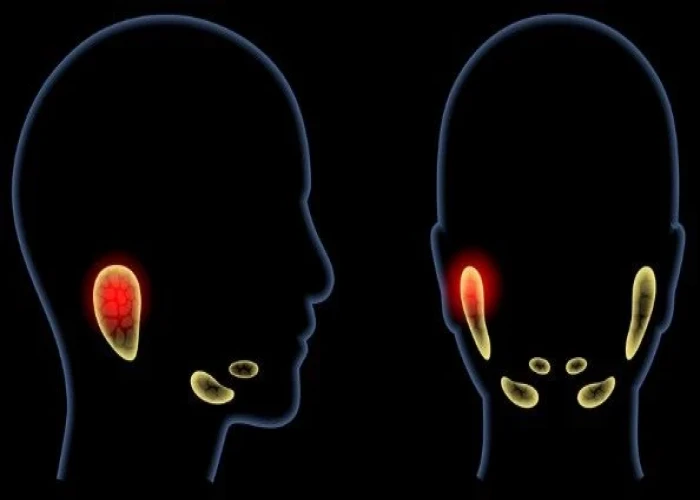
Mumps

Cold sore
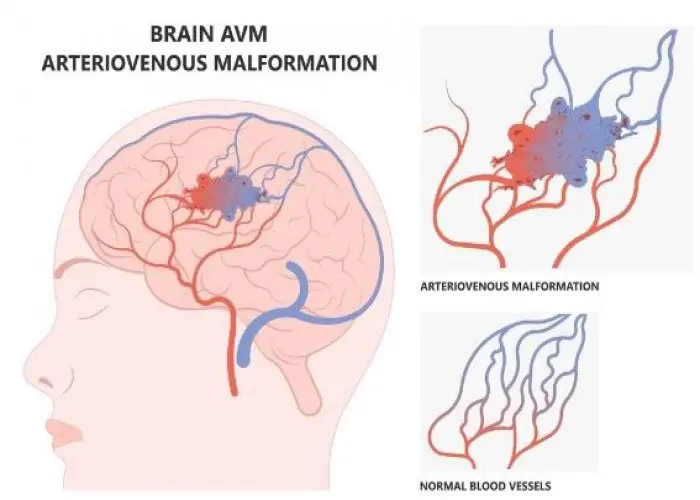
Dural arteriovenous fistulas

Wilms' tumor

Thyroid nodules
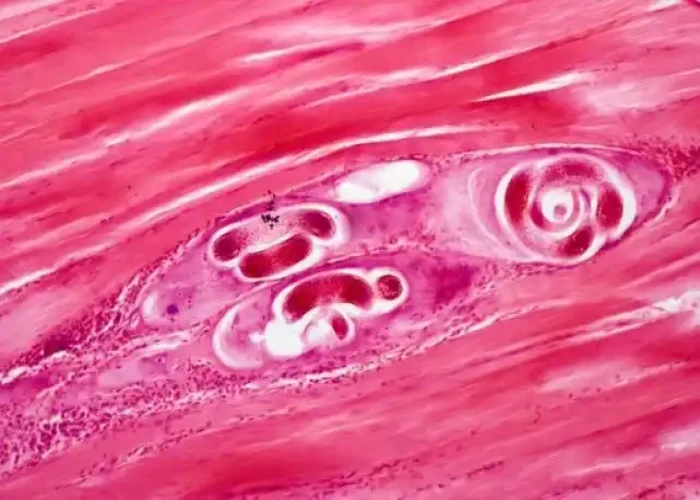
Trichinosis
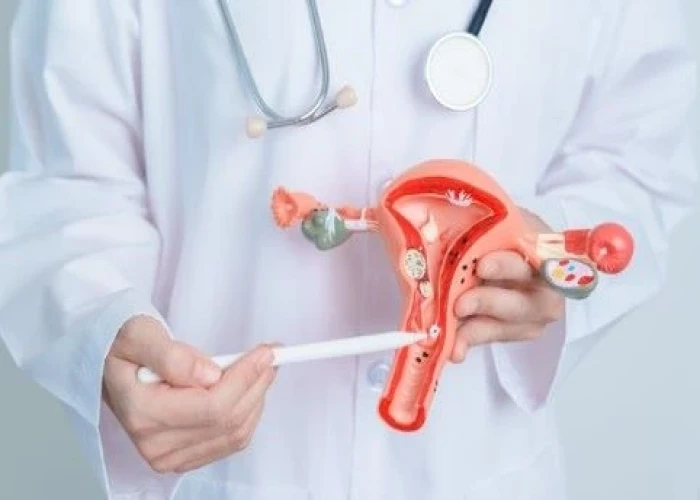
Perimenopause

Molar pregnancy
mitral valve disease, মিট্রাল ভালভ রোগ
To be happy, beautiful, healthy, wealthy, hale and long-lived stay with DM3S.
